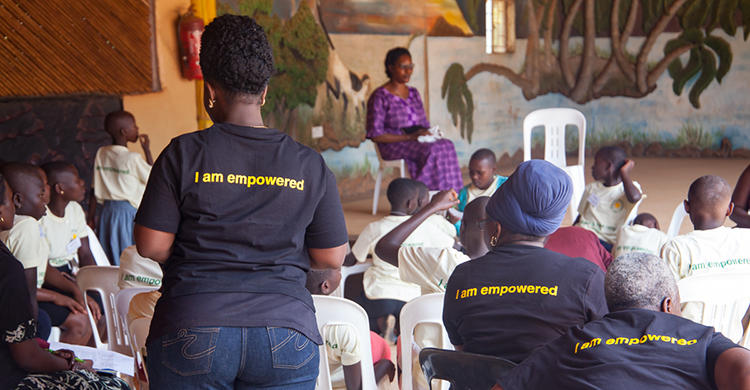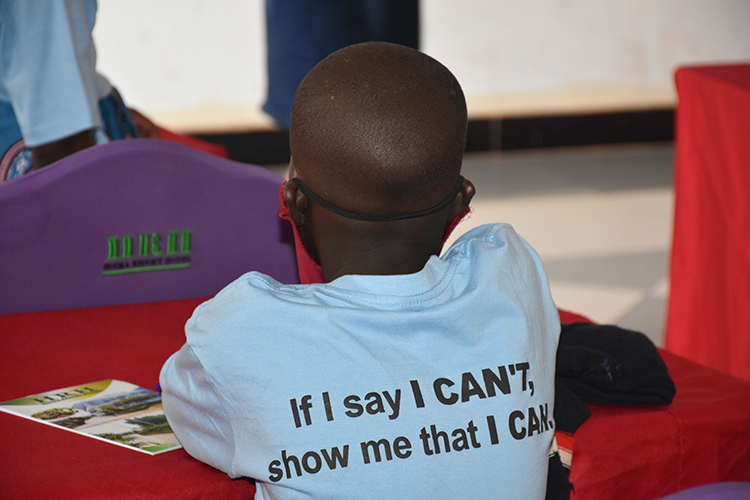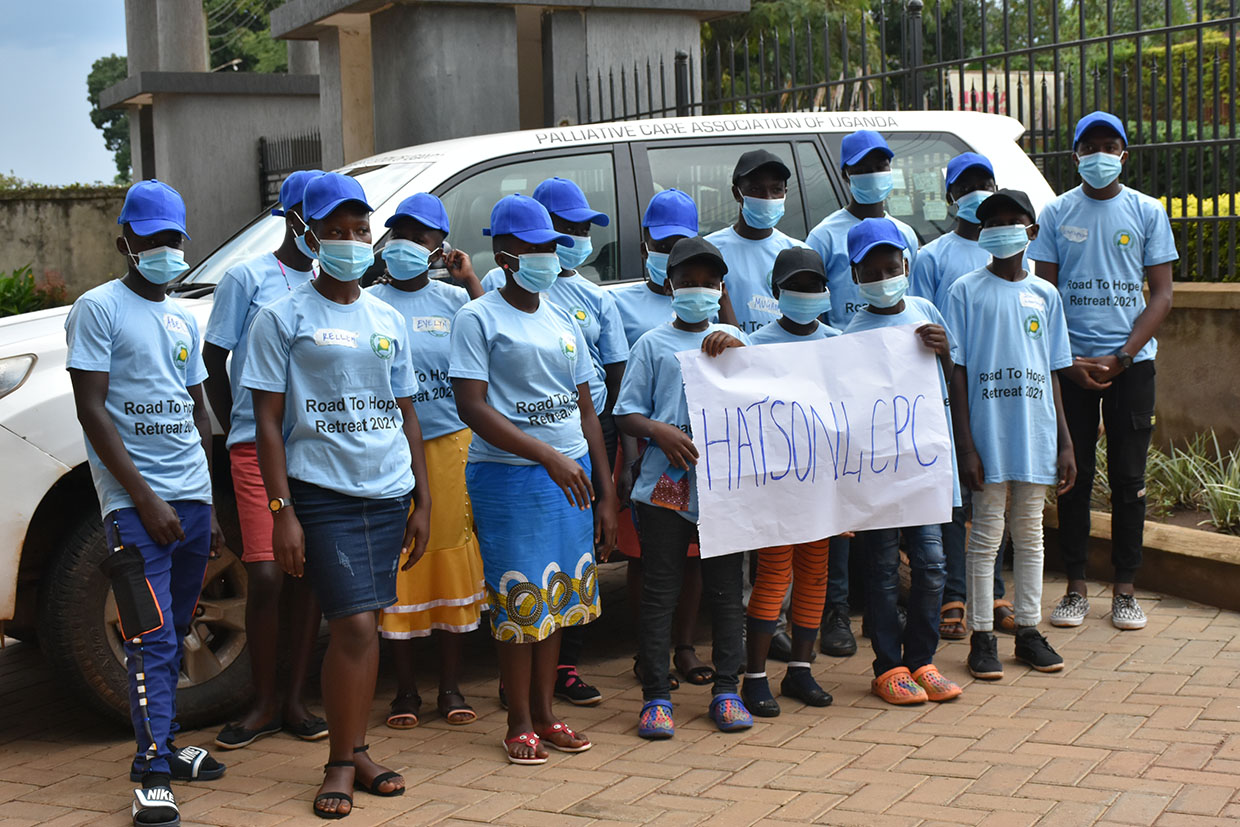During CHC’s initial visit to Uganda in 2008 to understand PCAU’s work, the team realized that children play a significant role in the delivery of palliative care throughout the country. They are often the primary caregivers for their terminally ill parents and/or family members. They were performing extraordinary feats for their young ages including trekking long distances to secure medicine, assuming the caregiver role to their sick loved ones and younger siblings, and providing food and other basic needs for their home life.
This difficult role of caregiving not only deprives children of the opportunity to simply be children but also, on many occasions, prevents them from attending school. In addition to supporting their education, the Road to Hope (RTH) program also provides them with social and psychological support through group retreats, parent/guardian support and continuous staff mentoring. This support is vital in offsetting the psychosocial distress these children experience from assuming adult roles too early in life.
In 2014, PCAU organized the first children’s camp, bringing together all RTH children for two days. They engaged counselors and other resource organizations to bring rich content to nurture the well-being of the whole child. Their sessions focused on topics such as personal reflection and self-awareness, coping with emotions, making good friends, relating with the opposite sex, and financial management. Children found the camp meaningful and PCAU has continued it every year. In 2018, they implemented an additional retreat for the older children to specifically focus on the challenges they face as young adults.


The COVID-19 pandemic unfortunately interrupted these gatherings. PCAU scaled back its field work and was unable to bring the children together due to lockdown measures. The pandemic exacerbated the many challenges the children and their families face for their daily basic as well as psychosocial needs. Though they could not meet in large groups due to the pandemic, PCAU has done a wonderful job to keep up on new developments with all the children on the program. Even so, it remains difficult to connect with the children.
As Uganda gradually eases its lockdown, PCAU is rethinking operations in the “new normal.” They have re-imagined the camp retreat approach – instead of bringing all children from 14+ districts to meet in one central place in Kampala, they are now holding regional retreats, bringing together a smaller number of children in their respective regions. The goal is still to provide social and psychological support to the children. The hope for these retreats is that PCAU can identify specific ways to best support each child as an individual and in their home. There have been many concerns about the psychosocial issues the children are facing due to the pandemic and the extended school closures.


The first regional retreat was held in the eastern region in September. All 23 children (12 girls and 11 boys) from the region participated in the two-day activity. During the retreat, they met PCAU’S newest employee, Anita Balikobaku, who will oversee the RTH program. She wanted to meet the children right away, so they could begin to know and feel comfortable with her. Anita led the children’s discussion and engagement activities noting that “we all come from different families and backgrounds but what brings us together is palliative care, and we need to move forward as a family.” The children were able to reflect and share experiences encountered during the pandemic and lockdown. The emphasis on unity and family is not new to the children but is an important reminder while they have been separated during this pandemic. The older children are encouraged to set a good example and be mentors to the younger children.
In addition to discussing their achievements, challenges and expectations, the children really enjoyed being together with their RTH family.
